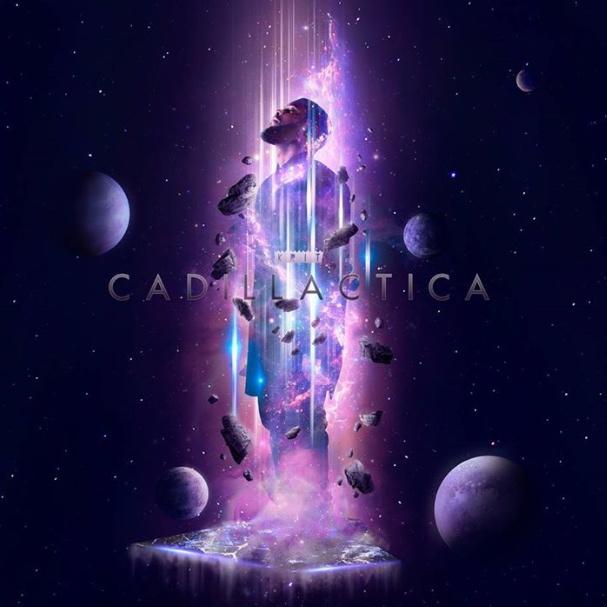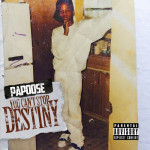Big K.R.I.T. isn’t supposed to still be here. Three years ago, the rapper and producer entered the mainstream rap world on the cover of XXL Magazine’s 2011 Freshman class issue — arguably the best ever, including as it did Kendrick Lamar, YG, Mac Miller, Meek Mill and Lil B. More than half of the musicians so anointed then are building laudable, and original, bodies of work. Some of them are also commercially viable. And Big K.R.I.T., without a breakout hit and despite his aversion to bandwagons, is as highly regarded, mentioned and anticipated within the hip-hop world as those more recognizable names. K.R.I.T. seems to be sticking to a formula established by his fellow southerners, UGK and 8Ball and MJG: talent is enough. But if you know the histories of those two groups you’ll remember that it’s no minor miracle their skill and creativity surmounted industry obstacles.
K.R.I.T. comes from Meridian, Miss., which lies 92 miles west of Jackson, home of the Sonic Boom of the South, as he takes care to note. Southern sounds prevail in hip-hop today, but most rappers at the top of the charts don’t present the emotional complexity of their predecessors. K.R.I.T. raps about what many rappers probably want to discuss (spirituality, discrimination, insecurity) but are afraid to. It’s this strain of authenticity that’s cemented his place in the hearts of his fans, even through changes in his production work. After a string of mixtapes, including the pivotal K.R.I.T. Wuz Here and Return of 4eva, he released his major label debut in 2012. Live From The Underground was praised by critics, but some of his fans felt it left something to be desired. What they were missing were the samples he was able to use freely on his tapes — the projects he released free of charge to his audience. Any album he (and Def Jam) wants to sell must go through the clearance (and payment) process. K.R.I.T. dropped another mixtape last year, but 2014 finds him in album mode once more….Read more at NPR




